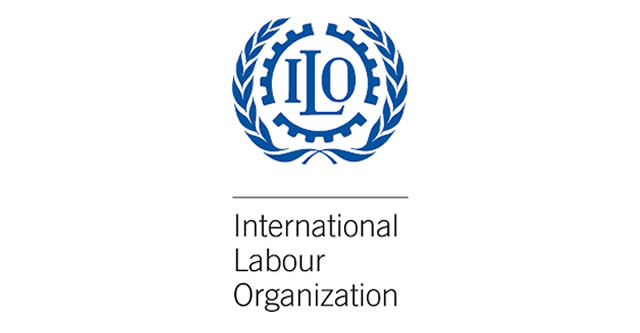The International Labour Organisation has urged governments, employers and workers’ groups to adopt a systems approach to tackling poor working conditions in global supply chains, warning that lower-tier suppliers risk being left behind without targeted interventions.
In a new policy brief titled ‘From root causes to real change: Using a systems approach to foster decent work deep in supply chains’, the ILO said Micro, Small and Medium-sized Enterprises often face systemic barriers such as limited access to finance, weak infrastructure and poor enforcement of labour laws, preventing them from improving job quality and scaling their businesses.
While first-tier suppliers are usually able to comply with regulations and benefit from direct buyer relationships, MSMEs in lower tiers remain trapped in conditions that hinder their growth and workers’ welfare.
“Through a systems approach, we aim to strengthen MSME competitiveness and promote decent work by first identifying the root causes of key bottlenecks and later working with ILO constituents to address them in a long-lasting way,” Chief of the ILO’s MSME Branch, Dragan Radic, stated.
The ILO argues that interventions designed with this approach can foster sustainable improvements in wages, productivity, workplace safety and overall job quality. For MSMEs, meeting stricter supply chain standards on quality, sustainability and compliance could unlock new opportunities, but only if systemic issues are resolved.
“This kind of long-term, holistic thinking is what it takes to unlock decent work opportunities where they’ve historically been out of reach,” said Dan Rees, Director of the ILO’s Action Programme on Supply Chains.
“Supply chains can be an entry point for decent work in MSMEs when they are supported within a stronger, more coherent system, achieving real ripple effects,” he added.
The brief outlines how stakeholders, including governments, employers’ organisations and workers’ groups, can apply the systems approach to design evidence-based interventions that deliver sustainable change in global supply chains.















